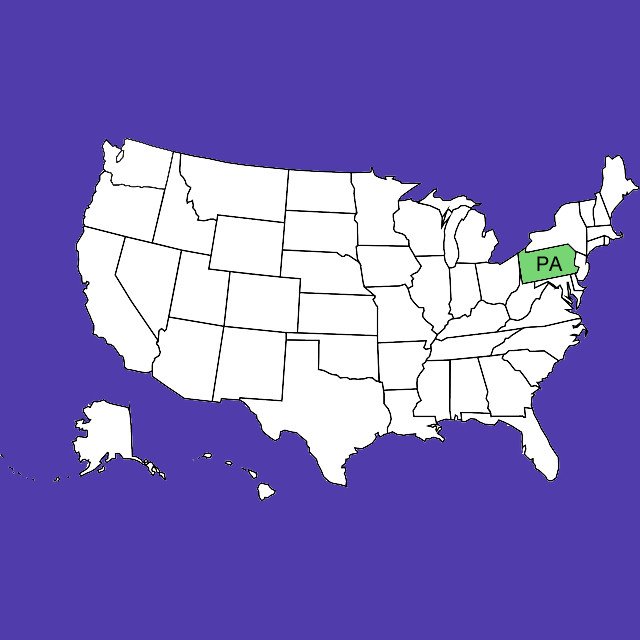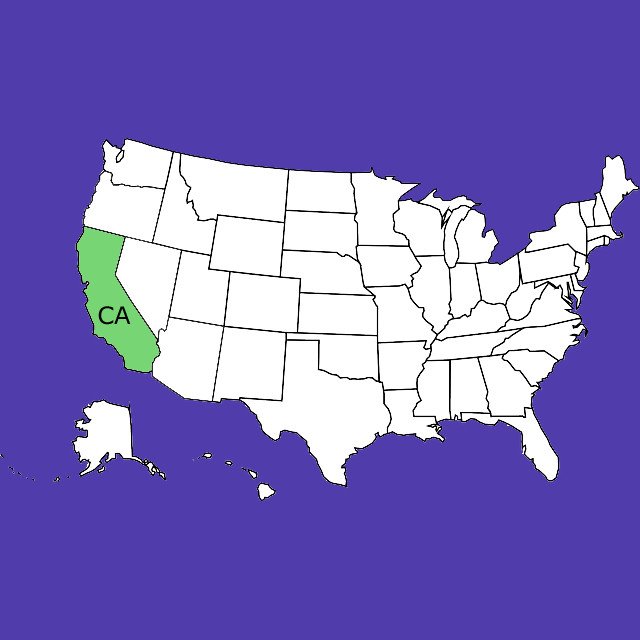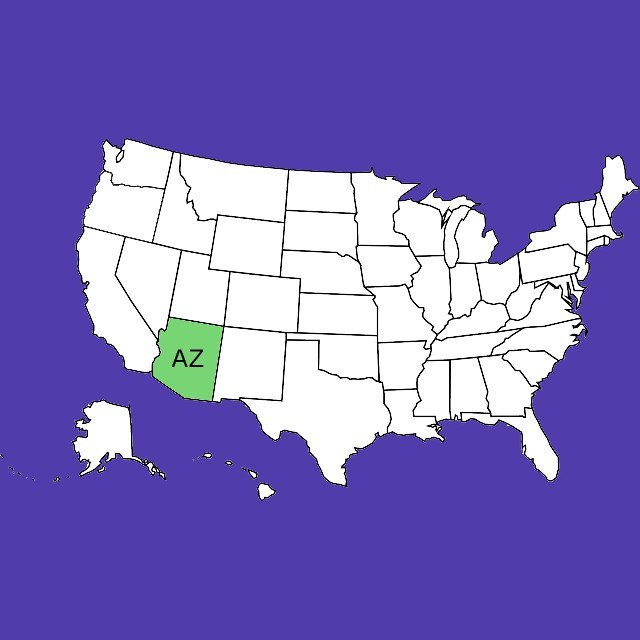Issue 10 Cannabis Law Journal: September 2018
Welcome to our 10th issue of Cannabis Law Journal
WHO Issues Glowing Report of CBD But Gets the Law Wrong- A Legal Analysis
The World Health Organization (WHO) issued a Critical Review Report (Report) on cannabidiol (CBD) on June 7, 2018. The Report is an update and extension of the Pre-Review Report on CBD that was prepared by Professor Jason White of Australia and released in November 2017 (Pre-Report) to the Expert Committee on Drug Dependence (ECDD).
New Jersey Cannabis Update: Federalism, Fiscal In-Fighting, and the FDA
Governor Phil Murphy has pledged his support for legalizing the recreational adult use of cannabis, but his administration is at an impasse with state lawmakers over the 2019 budget. State legislators have included $60 million in revenue from taxes on medical cannabis in their $32.6 billion budget, but they have not included any revenue from recreational use because it remains illegal in the Garden State. Earlier this year Governor Murphy predicted the state would take in $80 million from recreational cannabis.
PA/NJ Cannabis: Protected Cannabis Testing
On August 10, 2018, a federal judge sitting in Camden, New Jersey, dismissed a forklift operator’s claim that his employer violated the state’s employment discrimination laws by requiring him to submit to a drug test that he acknowledged would reveal his use of prescribed medical marijuana. In Cotto, Jr. v. Ardagh Glass Packing, Inc. et al., USDC NJ, Civ. (1:18-cv-01037), the Honorable Robert B. Kugler held that neither New Jersey’s Law Against Discrimination (LAD) nor the Compassionate Use Medical Marijuana Act (CUMMA) requires an employer to waive drug testing as an accommodation to an employee who holds a valid prescription for medical cannabis.
Pennsylvania Medical Marijuana: Tides of Perception
According to a study released by the Annals of Internal Medicine on July 24, 2018 (July AIM Report), about 81% of Americans believes that medical marijuana has at least one benefit. In a 2017 survey of 9,003 adults, people identified pain management (66%), diseases such as epilepsy or multiple sclerosis (48%),and relief from anxiety, stress and depression (47%) as conditions that are treatable with cannabis. Of those surveyed, 29.2% believes that cannabis prevents health problems. Only 17% of those surveyed believes that cannabis provides no medical benefits.
WHAT EVERY CANNABIS STARTUP NEEDS TO KNOW ABOUT STATE AND FEDERAL TRADEMARKS CANNABIS
As most business owners know, having protection over one’s brand is important, and trademarks are a popular way of protecting that brand. For many years, having federal trademark protection was the “gold standard” of trademark protection. However, there exist other forms of trademarks which can be excellent tools for the right type of business, such as for cannabis startups that touch the cannabis plant.
IP Protection Spotlight: Canopy Growth
Canopy Growth Corporation, a Canadian based company is one of the leaders in the cannabis production industry. The brands under Canopy Growth’s umbrella are all based in Canada. Founded in 2014, Canopy Growth is now a publicly traded company on the New York Stock Exchange and owns a vast intellectual property portfolio. We decided to take a look at the steps they have taken to protect their assets in this growing sector.
California Cannabis Applicants and Licensees Should Be Entitled to Representation
Once upon a time, we set out to complete license applications for cannabis businesses in California – Retailers, Distributors, Cultivators and manufacturers.
California: IRC Sec. 280E and Transportation
This post was prompted in part by some of the questions we have received regarding IRC Sec. 280E.1 Some in the cannabis industry appear to not realize that IRC Sec. 280E applies to the industry before the retail [Dispensary] level.
Have the Cannabis Patent Wars Begun?
What if a company patented any liquid form of high-potency cannabis? And, what would happen if that company used the patent to shut down the operations of anyone making these liquid forms? Those are the questions raised by a lawsuit filed in Colorado federal court on July 30, 2018, and the answers could have existential consequences for many cannabis businesses.
Federal Study on Cannabis Raises More Questions Than It Answers
The White House Office of National Drug Control Policy (ONDCP) recently released “An Initial Assessment of Cannabis Production, Distribution, and Consumption in Oregon 2018 – An Insight Report.” The report “does not purport to be a policy evaluation or policy performance review; rather [the] assessment provides a verifiable analysis of assorted information and data.” A review of the data and its presentation raises more questions than it answers. The assessment presents data in a way that conflates Oregon’s adult-use, medical and black markets. As a result, it is challenging to determine what, if any, policy response might be appropriate.
What Are the Issues Surrounding the Legalization of Recreational Cannabis for the Damage Insurance Industry?
The Government of Canada recently announced that Bill C-451 on the legalization of recreational cannabis (“Federal Cannabis Act“) and its regulations will officially come into force on October 17, 2018. In this context, the insurance sector only has a few months to adapt to this new legislative framework.
Arizona: Concentrate Ban/Jones Case Controversy
The Arizona Court of Appeals recently issued a ruling in the case State of Arizona vs. Jones. (No. 1 CA-CR 16-0703) This ruling states that the Arizona Medical Marijuana Act (“AMMA”) does not protect concentrated cannabis resin, specifically hashish. The case is heading for appeal at the Arizona Supreme Court, but it has sent shockwaves through the Arizona medical marijuana (“MMJ”) industry.
California’s Proposed Cannabis Delivery Regulation Could Spark Federal Controversy
California’s Bureau of Cannabis Control recently published proposed cannabis regulations have the potential for a Supreme Court case forthcoming.
Cannabis Patents: Patent Litigation in an Emerging U.S. Industry
Even though cannabis remains a Schedule I controlled substance under U.S. federal law, the United States Patent Office (USPTO), a federal agency of the U.S. Department of Commerce, routinely grants patents covering cannabis-related technologies. The Schedule I classification of cannabis is not relevant to patentability. As with any other invention, to be patentable, a cannabis-related invention must be new, useful, and nonobvious, and teach one of ordinary skill in the art how to make and use the invention. The USPTO has determined that many cannabis-related patent applications have met these requirements. Patents granted to cannabis-related inventions cover an enormous range of technologies, including cannabis plants, growing systems, extracts, methods of making extracts, foodstuffs, veterinary products, and methods of treating various diseases and disorders.











